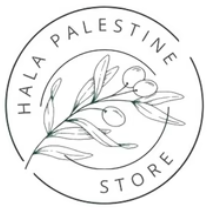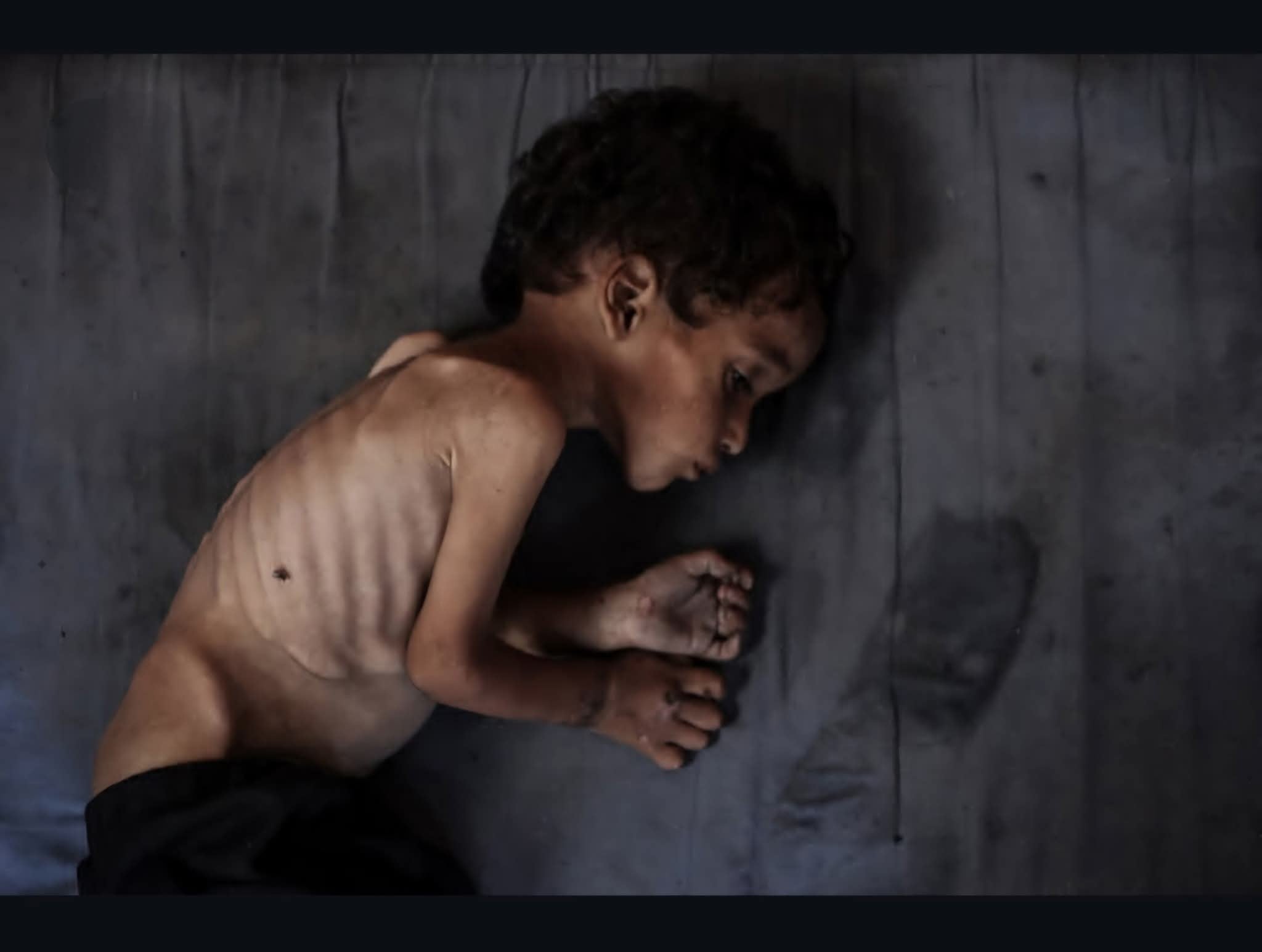
May Day in Palestine: When Labor is Resistance
May 1st. Around the world, it’s International Workers’ Day – a day marked by parades, speeches, and celebrations honoring the hard-won rights of labor: fair wages, safe conditions, the fundamental dignity of work. It’s a day to remember the struggles of those who came before and to recommit to the fight for economic justice.
But in Palestine, May Day carries a different weight. Here, the fight for workers' rights is inseparable from the fight for basic survival and national liberation. It’s not just about dignity; it’s about existence against overwhelming odds, whether under direct occupation, siege, systemic discrimination, or forced exile.
The statistics paint a stark picture, a reality shaped not just by market forces but by decades of military occupation, siege, systematic dispossession, and displacement:
- Gaza: The situation is catastrophic. Following months of devastating conflict and the intensification of a crippling siege, unemployment has surged dramatically. The Palestinian Central Bureau of Statistics (PCBS) reported unemployment reaching 80% during 2024. Livelihoods have been obliterated, factories destroyed, and the very possibility of work has become a distant memory for most.
- West Bank: While not facing the same level of immediate destruction as Gaza, the West Bank economy is also severely impacted. Unemployment rose significantly during 2024, reaching around 35% according to PCBS, exacerbated by increased movement restrictions, settler violence, and economic strangulation. This masks the underemployment and precariousness faced even by a highly educated population.
- Within Israel (\'48 Palestinians): Palestinian citizens of Israel, descendants of those who remained during the Nakba, face a distinct struggle within the Israeli state. Despite holding citizenship, they contend with deeply entrenched, systemic discrimination in the labor market. This manifests as higher unemployment rates compared to Jewish citizens, significant wage gaps, limited access to high-paying jobs and development opportunities, and concentration in lower-paying, less secure sectors. Their fight is for equal rights, fair treatment, and an end to discriminatory policies in housing, education, and employment that hinder their economic advancement and social mobility.
- In Refugee Camps (Lebanon, Jordan, Syria, etc.): Millions of Palestinian refugees, displaced since the Nakba and subsequent conflicts, face dire economic conditions and severe legal restrictions in neighboring host countries. In Lebanon, for example, Palestinian refugees are barred by law from working in dozens of professions, confining them to low-wage, informal labor with little protection. Similar challenges exist in Jordan and Syria, where access to formal employment, social security, and economic rights are often severely limited, perpetuating cycles of poverty and dependency generations after their displacement.
- Exploitation: With limited opportunities at home (in the West Bank and Gaza), tens of thousands of Palestinians are compelled to seek permits to work within Israel or in illegal Israeli settlements built on confiscated Palestinian land. They often face exploitative conditions, lower wages than their Israeli counterparts, long and humiliating commutes through checkpoints, and little recourse for labor violations.
These aren't mere economic challenges. They are the direct results of a political reality. Palestinian workers, wherever they are, contend daily with systems designed to marginalize them:
- Military Occupation (West Bank & Gaza): Checkpoints, permits, and arbitrary movement restrictions disrupt supply chains, prevent workers from reaching jobs, and strangle economic activity.
- Siege (Gaza): A crippling blockade restricts the entry of raw materials and the exit of finished goods, making industry nearly impossible and contributing to the humanitarian crisis.
- Systemic Discrimination (Within Israel): Unequal allocation of resources, discriminatory hiring practices, and limitations on development in Palestinian towns and cities hinder economic growth for Palestinian citizens.
- Legal Restrictions (Refugee Camps): Laws in host countries often prevent Palestinian refugees from accessing stable, dignified work, contributing to their vulnerability.
- Resource Theft: Confiscation of Palestinian land, particularly agricultural land in the West Bank, destroys livelihoods and displaces communities. Access to water resources is also severely restricted.
- Settler Violence: Farmers in the West Bank face attacks from Israeli settlers while trying to cultivate their land, often with impunity.
- Infrastructure Destruction: Factories, workshops, and agricultural facilities in Gaza and the West Bank have been repeatedly targeted and destroyed during military incursions.
Yet, amidst this relentless pressure, the Palestinian spirit of sumud – steadfastness – endures across all communities. Palestinian workers show up. They navigate the checkpoints. They challenge discriminatory laws. They rebuild what is destroyed. They plant olive trees on shrinking plots of land. They weave intricate patterns into traditional textiles. They carve beauty from the wood of ancient olive trees. They keep creating, not just to earn a living, but to affirm their existence and preserve their heritage.
At Hala Palestine, we have the profound privilege of partnering with workers primarily in the West Bank and Gaza. We work with the artisans running small textile workshops, the families perfecting the generations-old craft of Nabulsi soap in Nablus, the olive wood collectives in Bethlehem transforming pruned branches into works of art. These are not just producers; they are cultural custodians, entrepreneurs against all odds, families striving for dignity in the face of erasure.
Every Kufiya, every bar of soap, every hand-carved ornament you purchase from Hala Palestine is a direct investment in this resilience. It supports families who refuse to be extinguished. It helps sustain traditions passed down through generations. It provides a small measure of economic independence in a system designed to foster dependency.
So this May Day, as we reflect on the global struggle for workers' rights, let us remember Palestine in its entirety – from Gaza under siege, to the West Bank under occupation, to the Palestinian communities within Israel facing discrimination, and the refugee camps where basic rights are denied. Let us stand in solidarity not just with workers fighting for better wages or conditions, but with all Palestinians whose very labor is an act of resistance against occupation, dispossession, inequality, and exile. Their work is a testament to the enduring human spirit, a refusal to disappear, a quiet insistence on life and dignity.
Previous post
Hala Palestine was born under blockade. It wasn’t easy. We didn’t launch
Next post








